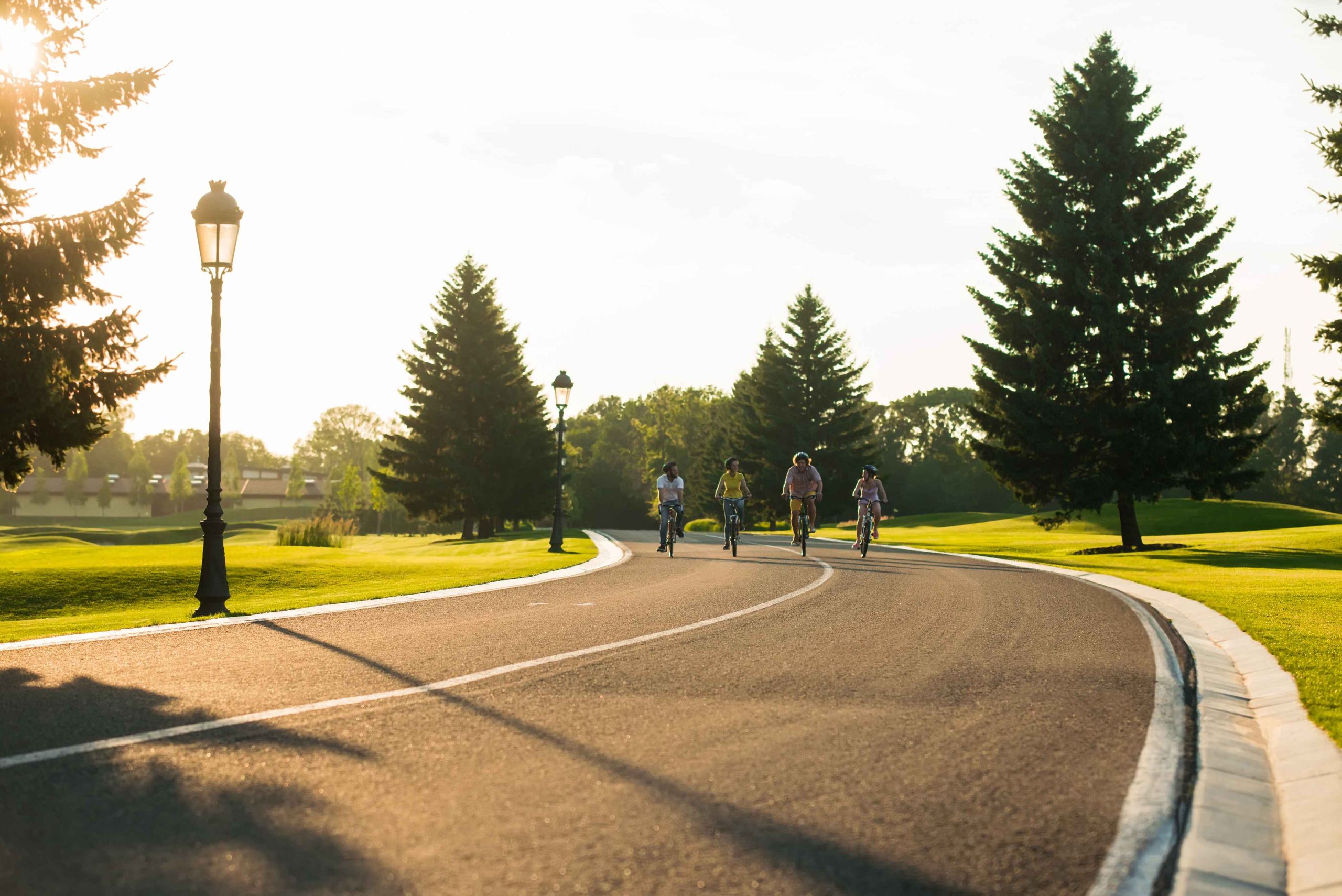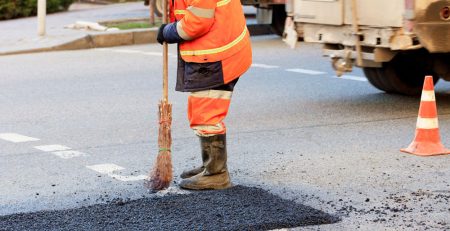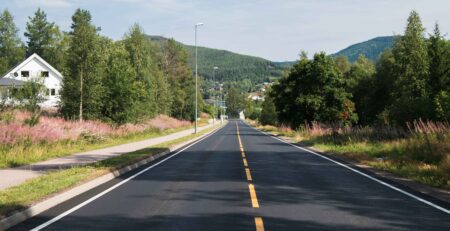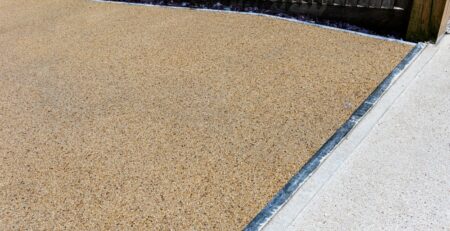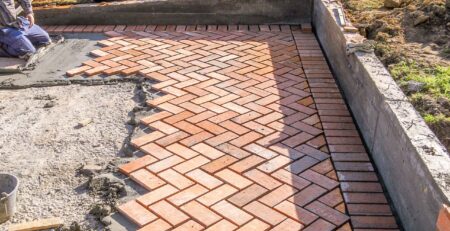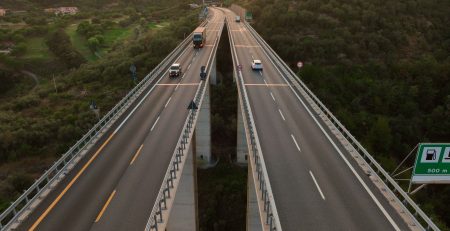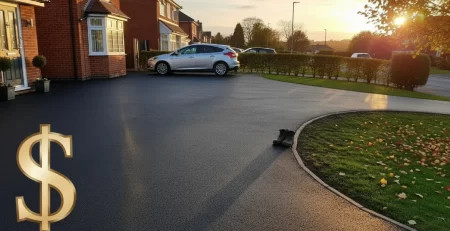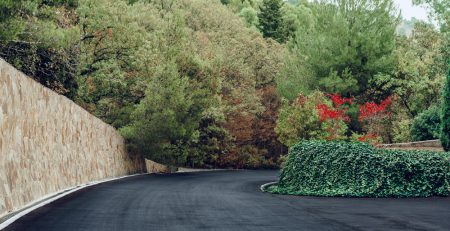From Cracked to Perfect: How Modern Road Surfacing Transforms UK Streets
The Evolution of UK Road Surfacing
For decades, the UK’s roads have been the arteries of transport, connecting towns, cities, and communities. But constant traffic, weather, and age inevitably lead to cracks, potholes, and uneven surfaces. Gone are the days when patch repairs and traditional asphalt were enough. Today, advanced technology, modern materials, and skilled contractors like Total Surfacing Solutions are revolutionising the way our roads are built and maintained.
Modern road surfacing is not just about filling holes or laying fresh tarmac — it’s about creating smooth, durable, and weather-resistant surfaces that perform year-round while reducing long-term maintenance costs.
Why Traditional Surfacing Falls Short
Old-fashioned road surfacing methods relied heavily on standard asphalt mixes that offered limited flexibility. Over time, these surfaces would crack under stress from heavy vehicles, extreme weather, or poor drainage.
Cracking leads to water infiltration — and in the UK’s freeze-thaw climate, that’s a recipe for rapid deterioration. Each freeze expands trapped water, breaking apart the material from within. The result: potholes, uneven roads, and constant resurfacing costs.
Traditional repairs were also labour-intensive and disruptive, often requiring road closures and long drying times. Fortunately, technology has evolved — and so has the quality of surfacing solutions available today.
Modern Surfacing: Blending Technology and Precision
Today’s road surfacing industry combines machine precision, high-performance materials, and eco-conscious design. Contractors like Total Surfacing Solutions use cutting-edge equipment and decades of expertise to deliver consistent, lasting results across highways, car parks, industrial sites, and residential roads.
Let’s break down the key components of modern road surfacing excellence:
1. Machine-Lay Tarmac for Perfect Consistency
Machine-lay technology allows surfacing crews to achieve a perfectly level, uniform finish every time. Rather than hand-laying the material — which can create uneven patches — precision-controlled machinery distributes and compacts the asphalt evenly across large areas.
This approach not only improves durability but also reduces installation time and waste. For commercial projects, local councils, and car park resurfacing, machine-lay tarmac ensures smoothness that stands the test of time.
2. Polymer-Modified Bitumen (PMB)
Modern asphalt mixes often include polymer-modified bitumen, which enhances flexibility and adhesion. PMB reduces cracking, improves resistance to temperature fluctuations, and provides a tighter bond between aggregates. This means roads can better withstand heavy loads and constant use — ideal for UK high-traffic routes.
3. Sustainable Materials and Recycling
Sustainability is now a major focus in road surfacing. Reclaimed Asphalt Pavement (RAP) — recycled from old roads — can be reprocessed and reused, reducing the need for raw materials. Contractors are also adopting lower-temperature asphalts that use less energy during production, cutting CO₂ emissions.
At Total Surfacing Solutions, we’re proud to implement eco-friendly methods wherever possible, combining performance with responsibility.
4. Enhanced Drainage and Sub-Base Design
Even the most advanced surface fails if water is not managed properly. That’s why modern surfacing projects integrate intelligent drainage systems and properly compacted sub-bases. Porous materials like resin-bound aggregates or specially designed drainage tarmac allow rainwater to flow through rather than pool on the surface — preventing erosion and reducing flood risks.
Before and After: The Visible Transformation
The difference between old and modern surfacing is immediately visible. Roads and driveways that once showed cracks and patches are replaced with seamless, sleek finishes that not only perform well but also enhance the area’s appearance.
Businesses benefit from improved accessibility, reduced liability from uneven ground, and a more professional look. Local councils save on long-term repair costs. Homeowners gain driveways that stay smooth and clean even after years of use.
At Total Surfacing Solutions, we’ve seen first-hand how a well-planned resurfacing project can transform entire communities — from rural lanes to city estates.
Safety and Comfort: The Silent Benefits
A freshly surfaced road doesn’t just look good; it dramatically improves safety and driving comfort. Smooth, level surfaces enhance tyre grip, reduce skidding, and improve drainage during rain. For cyclists and pedestrians, it means fewer hazards and smoother journeys.
Noise reduction is another underrated benefit. Modern asphalt and resin materials absorb sound better, creating quieter streets — particularly valuable in residential areas or near schools.
Adapting to Every Surface Need
Modern surfacing isn’t one-size-fits-all. Contractors now tailor materials and techniques to the project’s purpose:
- Residential Driveways: Homeowners prefer decorative finishes like resin-bound or coloured tarmac that balance durability with aesthetics.
- Commercial Car Parks: Businesses require heavy-duty, machine-laid tarmac for durability under frequent traffic.
- Public Roads: Councils focus on cost-effective, long-lasting materials that minimise maintenance cycles.
- Industrial Estates: Reinforced asphalt mixes resist heavy vehicle pressure and oil exposure.
This flexibility ensures that every surface — from private properties to public highways — receives the right balance of strength, sustainability, and visual appeal.
Reducing Disruption with Fast Installation
Modern surfacing equipment allows faster installation and quicker curing times, reducing traffic delays and downtime for businesses. For instance, machine-lay systems can complete large car park resurfacing within a single day, compared to multiple days using older methods.
Night-time resurfacing schedules and rapid-set materials mean that roads can reopen sooner — often within hours — ensuring minimal disruption for local communities.
Future of Road Surfacing: Smart and Sustainable
The UK’s road surfacing industry continues to evolve with innovations like smart roads (capable of supporting EV charging), recycled plastic asphalt, and cold-lay materials that reduce energy use.
Contractors leading the charge, like Total Surfacing Solutions, are investing in these forward-thinking methods to deliver not just strong roads but sustainable infrastructure for the future.
By combining technology, sustainability, and craftsmanship, modern surfacing is transforming how the UK drives — one smooth stretch at a time.
Partner with Total Surfacing Solutions
If your roads, car parks, or driveways are showing signs of wear, it’s time to experience the transformation that modern surfacing brings. Our team delivers precision, speed, and quality across every project — from local councils to private clients.

